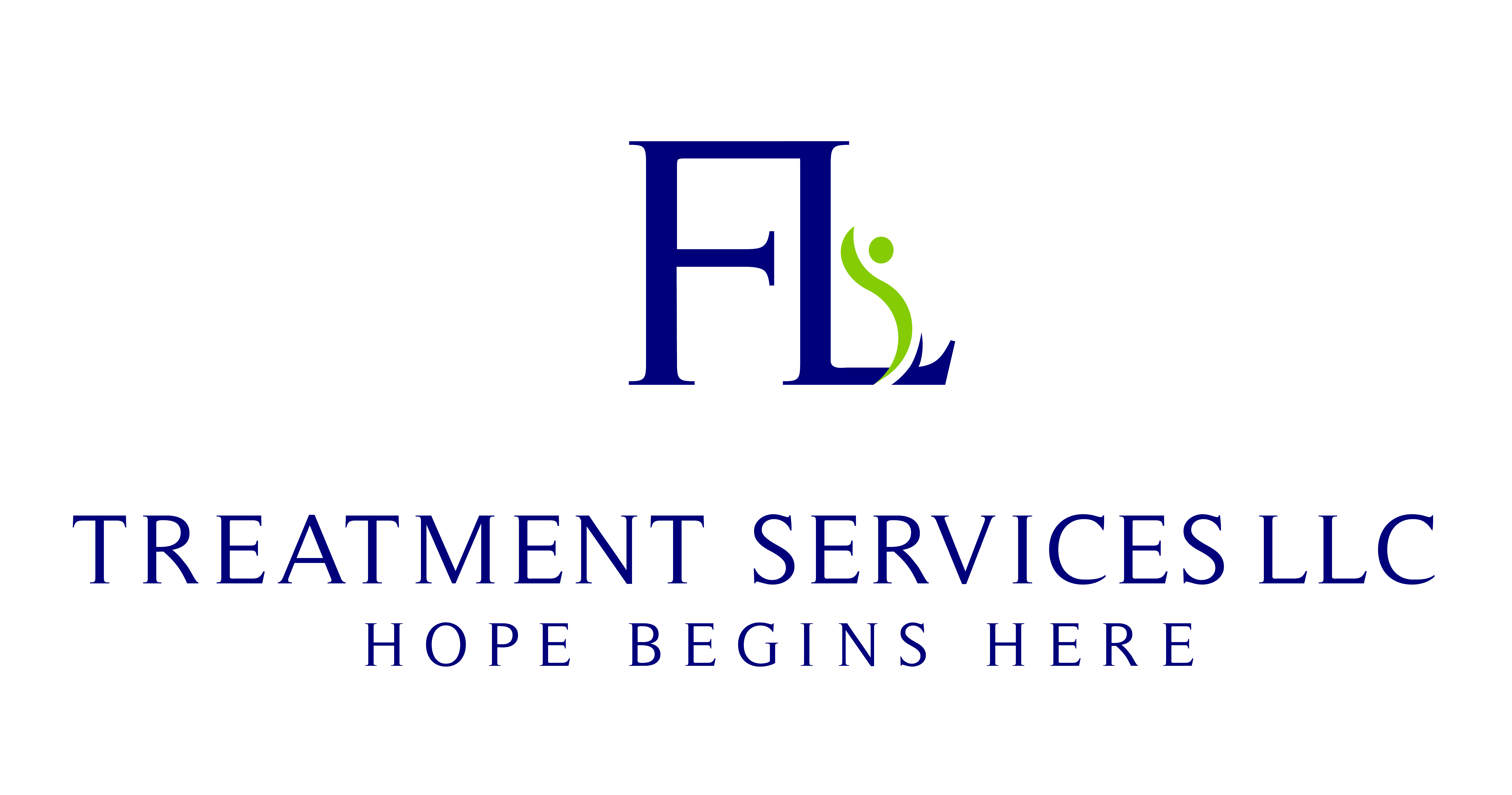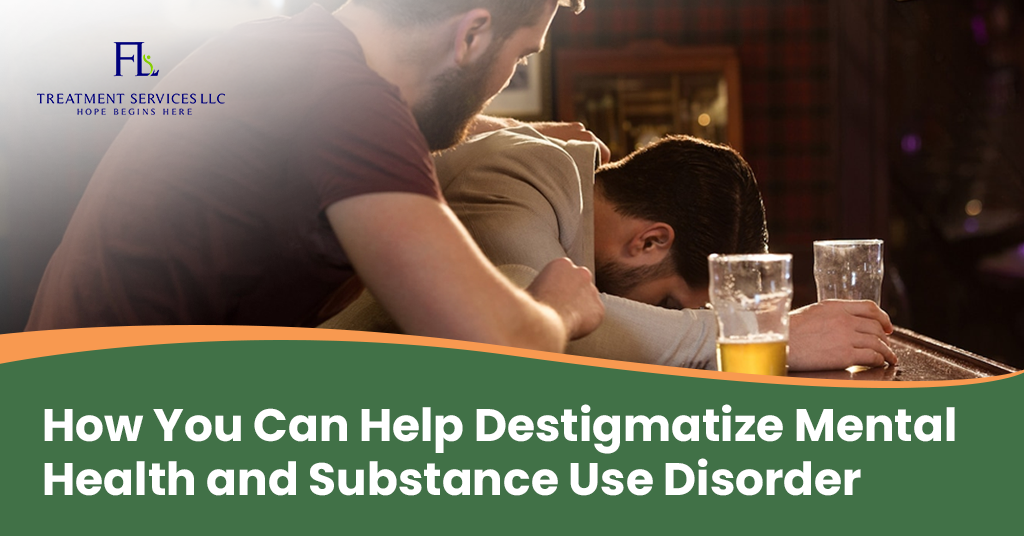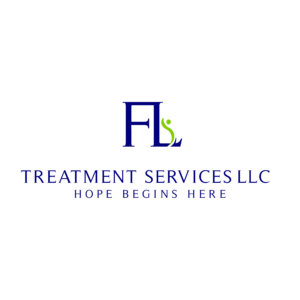Substance abuse and mental health issues go hand in hand. Typically, a person who has a substance abuse problem also deals with a mental health issue like depression, bipolar disorder, or anxiety. When dealing with these issues, mental health problems make it even more challenging to make a long-term recovery. The best rehabs in Florida believe that in co-occurring disorders, both mental health issues and drug or alcohol addiction have their own set of unique symptoms that can get in the way of one’s ability to lead an everyday life.
The Stigma
Stigma is a set of negative beliefs that people associate with about a specific topic or issue. The stigma associated with substance abuse and addiction can lead to a person having lowered self-esteem, damaged relationships, and in severe cases, even prevent them from seeking help and treatment from alcohol rehab centers in Florida. Stigma can lead to prejudice, avoidance, discrimination, and rejection. Using derogatory terms like ‘junkie’, ‘crackhead’, or ‘alcoholic’ can spread negative feelings around the affected and further perpetuate the stigma.
Similarly, people dealing with mental health are prone to discrimination. The discrimination can be as direct as someone making a negative remark or as subtle as someone avoiding you because you seem ‘unstable.’
Harmful Effects of Stigma
Stigma can have adverse effects on the individuals who are exposed to it. Some of the most common harmful effects of stigma are.
- Increasing unwillingness to seek help or treatment.
- Being subject to casual bullying, harassment, or even physical violence.
- Being misunderstood among family, friends, and co-workers.
- Having fewer opportunities and options for work, school, or social activities.
- Having trouble finding housing arrangements.
- Inadequate coverage by health insurance providers.
- Developing an innate feeling that one will never succeed or get out of their current situation.
Mental Health and Substance Abuse Disorder: A Relationship
The relationship between mental health issues and substance abuse disorder is one that has been prevalent for a long time. However, prolonged use of substances can cause psychotic reactions, while alcohol consumption can aggravate any pre-existing depression and anxiety symptoms. The primary reason why these two issues go hand-in-hand is that individuals often use alcohol or drugs as self-prescribed medication for dealing with mental health symptoms.
Substance abuse can inherently increase the risk of developing mental disorders as it is highly dependent on external factors. Although genetics also plays a crucial role in determining whether a person is prone to developing mental problems, abusing substances can be directly responsible for them. This holds especially true for people who are at a higher risk.
Furthermore, contrary to popular belief, using alcohol or drugs to counteract the symptoms of a mental health issue can be counterproductive as it can trigger numerous new symptoms. Additionally, if an individual is under medication like mood stabilizers or antidepressants, abusing alcohol or drugs can make them less effective, further aggravating the problems.
Dual Diagnosis
A dual diagnosis is when a person is diagnosed with both a mental health issue and a substance abuse disorder. The signs and symptoms can vary widely depending on the addiction type and the mental disorder. Identifying the underlying symptoms can be the first step in treating the issues in the best rehabs in Florida.
However, denial is a common emotion. For people suffering from a dual diagnosis, it can be challenging to come to terms with the fact that they are dependent on alcohol or substances and that they have a significant impact on their lives. However, it can be scary to deal with the symptoms of depression, anxiety, bipolar disorder, or PTSD; accepting that they exist is the first step to recovering. Once you come to terms with the issues, you can accept that you have a problem and start seeking help.
How to Deal With Stigma?
-
Seek Treatment Options.
Although it can be challenging for an individual to accept and admit that they need treatment, getting crippled by the fear of being labeled with a mental illness can stop you from seeking help. Getting treatment can change the outlook of your life by identifying the underlying causes and reducing symptoms so you can continue leading an everyday life.
-
Get Past the Self-Doubt and Shame.
Although stigma can be blamed on society, it also comes from within yourself. It can be easy to believe that your current condition and situation is the result of you having a weakness and your inability to overcome it. The ideal solution to this is to seek counselling and educate yourself about your condition and connect with other people who are dealing with similar issues. Doing so can help you regain your self-esteem and overcome self-judgment.
-
Look for Support.
People suffering from mental health issues or a substance abuse disorder often feel reluctant to tell others about their problems. Instead, they isolate themselves. This is very unhealthy as opening up to your family, friends, and colleagues about your issues can garner emotional support from people you can trust. Doing so leads to greater compassion, trust, and understanding.
-
You are Not Your Illness.
You must always remember to differentiate between yourself and your condition. Instead of saying, ‘I am schizophrenic,’ you should say, ‘I have schizophrenia.’ Doing so allows you to create a distinct separation between yourself and your condition.
Destigmatizing mental and substance abuse disorders cannot be achieved overnight. Instead, it is an ongoing process and a constant battle. However, the best way to do so is by expressing your opinions. Judgment and stigma stem from a severe lack of understanding. Hence, the best way to deal with them is to educate people. The best rehabs in Florida have specific programs to help you make a stable long-term recovery so that you can be the voice that can educate the rest and destigmatize this dual diagnosis.





